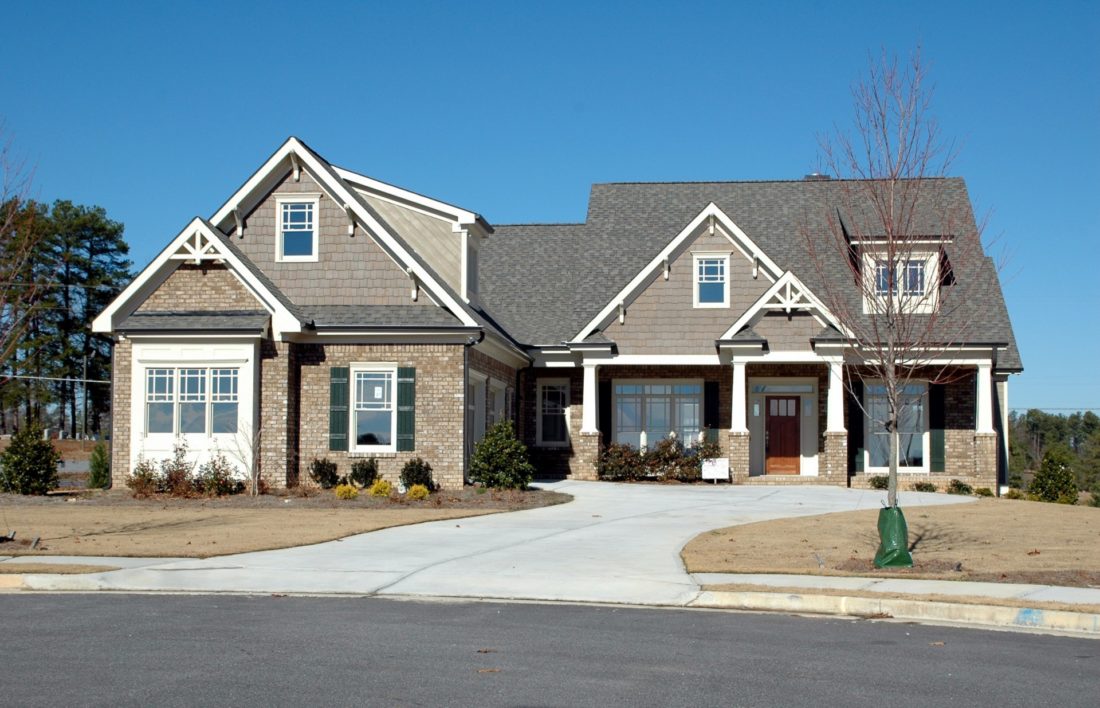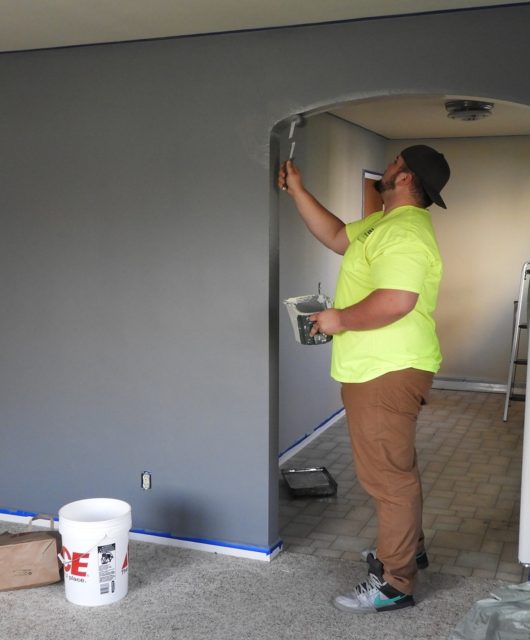Types of Mortgages in Ontario, Canada

Ontario is home to a number of major urban centres, including the country’s capital, Ottawa, as well as Toronto, Mississauga, Hamilton, and Windsor. With a strong economy and growing population, the province holds great opportunities for homebuyers and real estate investors alike.
Whether you’re buying your first home, starting a business, or looking for ways to fund renovations or to consolidate debt, there’s a mortgage or home equity loan that’s right for you.
Lenders in Ontario can work with you to determine what type of home equity loan best suits your situation, and make a plan for paying back your debt quickly and with minimal stress.
What Types of Mortgages Are Common in Ontario?
Ontario covers a large land mass and has numerous towns and cities within its borders. The range of possible loans is suitably diverse. Depending on the type of mortgage you’re looking for, and your financial situation, you may be able to get approved for a mortgage from a bank, a credit union, a trust, or a private lender.
First Mortgages
First mortgages are mortgages on properties that have not been borrowed against previously. If you’re a first-time homebuyer, you’ll most likely be applying for a first mortgage.
Getting a mortgage usually begins with a mortgage pre-approval, in which you’ll go to a bank or lender and provide proof of income, employment, assets, identification, and any other items that the lender may need to determine your strength as a borrower. You should seek pre-approval before you purchase a home, so that you can better understand your budget and restrictions.
First mortgages are usually long-term loans, and they’re usually given out by banks. Because banks are held to strict federal regulations about who they can and can not lend to, to get approved for a traditional bank mortgage, you’ll need to have regular, provable income, a good credit rating, and be planning to purchase a property that has a good amount of equity.
Second Mortgages
Second mortgages are mortgages on properties that already have a first mortgage borrowed against them. Second mortgages are a lot riskier than first mortgages, and for this reason they’re almost always approved by private lenders, rather than banks or other financial institutions.
There are lots of different reasons why you may want to apply for a second mortgage. Second mortgages can be shorter-term than first mortgages, so they may be a good option for covering emergency expenses or financing renovation projects. A second mortgage can also be used to consolidate existing debt, such as from a previous mortgage or student loans.
Home Equity Line of Credit
A Home Equity Line of Credit or HELOC is a revolving loan that is borrowed against the equity in your home or property. A HELOC can be borrowed against a home that has a mortgage, or it can be the only home equity loan you have. This type of loan works similarly to a credit card — the lender agrees to lend you a sum of money, and you can use as much or as little of that sum as you need at a given time. When you pay back the borrowed money and interest, the borrowed amount becomes available again.
A HELOC is usually a smaller sum than a first mortgage, and can remain available for as long as you continue to use it and pay back borrowed amounts. A HELOC can be a good option for one-time or short-term expenses. For example, if you decide to go back to school part time, you might apply for a HELOC to cover tuition fees over the course of your program.
A HELOC is a secured form of credit — this means that the bank or lender uses your home as collateral, and can sell the property in the event that you default on payments. In Ontario, the legal process the lender uses to sell a property is called “power of sale”. You may want to talk to an alternative lender in Ontario before applying for a HELOC to learn your options for stopping power of sale.
Reverse Mortgage
A reverse mortgage is a type of mortgage where the borrower can receive money based on the equity in their home, without having to sell the home. Reverse mortgages are designed mainly to help retirees supplement pension income, and for this reason they are only available to homeowners who are at least 55 years old.
If you’re over 55 and don’t plan on moving, a reverse mortgage may be a viable option for boosting income. The amount of the reverse mortgage will depend on your age and the equity in the home. In general, the more home equity you have, the more money you can get from a reverse mortgage.
Applying for a Mortgage in Ontario
Lenders may be able to offer larger or smaller mortgages depending on the population density of the area you’re hoping to purchase property in. If a bank mortgage isn’t right for you, there are plenty of private lenders in Ontario who can assist with the process of determining what type of mortgage you need, understanding your rights when it comes to collateral borrowing and power of sale, and set you on the right path to paying off your loan.









